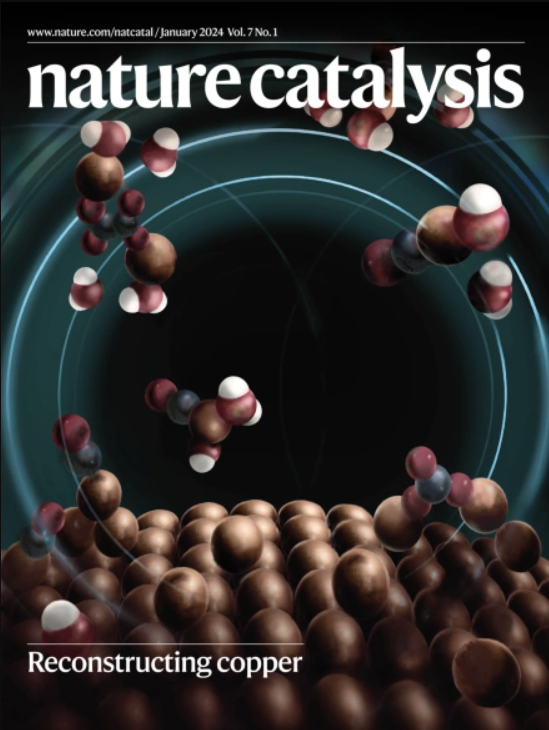Standardized protocols for evaluating platinum group metal-free oxygen reduction reaction electrocatalysts in polymer electrolyte fuel cells
IF 42.8
1区 化学
Q1 CHEMISTRY, PHYSICAL
引用次数: 25
Abstract
Platinum group metal (PGM)-free electrocatalysts for the oxygen reduction reaction at the polymer electrolyte fuel cell cathode have shown substantial improvements in activity—especially those derived from transition metals, nitrogen and carbon. However, their stability and durability remain insufficient. A key to enabling future improvements and performance comparisons lies in the development of test protocols that are relevant to the operating conditions of the fuel cell cathode, can be completed within a reasonable time and are ubiquitously adopted. Here we propose and validate such protocols, designed with special attention to typical catalyst degradation mechanisms of PGM-free catalysts. The results of the cross-laboratory validation study using two different catalysts attest to the strength and feasibility of the proposed approach. We hope that the information provided here can serve as a broad and effective platform for assessing the performance and durability of PGM-free catalysts for polymer electrolyte fuel cells. The development of platinum group metal-free catalysts for the oxygen reduction reaction is central to the implementation of fuel cell technology. Here the authors introduce and analyse a dedicated protocol for platinum group metal-free oxygen reduction reaction catalysts to assess their activity and durability under relevant working conditions.

评价聚合物电解质燃料电池中铂族无金属氧还原反应电催化剂的标准规程
用于聚合物电解质燃料电池阴极氧还原反应的不含铂族金属(PGM)的电催化剂在活性方面有了很大提高,特别是那些从过渡金属、氮和碳中提取的催化剂。然而,这些催化剂的稳定性和耐久性仍然不足。未来改进和性能比较的关键在于制定与燃料电池阴极工作条件相关、可在合理时间内完成并普遍采用的测试协议。在此,我们提出并验证了这种测试方案,在设计时特别关注了不含 PGM 催化剂的典型催化剂降解机制。使用两种不同催化剂进行的跨实验室验证研究结果证明了所建议方法的优势和可行性。我们希望这里提供的信息能成为评估聚合物电解质燃料电池无铂族金属催化剂性能和耐用性的一个广泛而有效的平台。开发用于氧还原反应的无铂族金属催化剂对燃料电池技术的实施至关重要。在此,作者介绍并分析了不含铂族金属的氧还原反应催化剂的专用方案,以评估其在相关工作条件下的活性和耐用性。
本文章由计算机程序翻译,如有差异,请以英文原文为准。
求助全文
约1分钟内获得全文
求助全文
来源期刊

Nature Catalysis
Chemical Engineering-Bioengineering
CiteScore
52.10
自引率
1.10%
发文量
140
期刊介绍:
Nature Catalysis serves as a platform for researchers across chemistry and related fields, focusing on homogeneous catalysis, heterogeneous catalysis, and biocatalysts, encompassing both fundamental and applied studies. With a particular emphasis on advancing sustainable industries and processes, the journal provides comprehensive coverage of catalysis research, appealing to scientists, engineers, and researchers in academia and industry.
Maintaining the high standards of the Nature brand, Nature Catalysis boasts a dedicated team of professional editors, rigorous peer-review processes, and swift publication times, ensuring editorial independence and quality. The journal publishes work spanning heterogeneous catalysis, homogeneous catalysis, and biocatalysis, covering areas such as catalytic synthesis, mechanisms, characterization, computational studies, nanoparticle catalysis, electrocatalysis, photocatalysis, environmental catalysis, asymmetric catalysis, and various forms of organocatalysis.
 求助内容:
求助内容: 应助结果提醒方式:
应助结果提醒方式:


